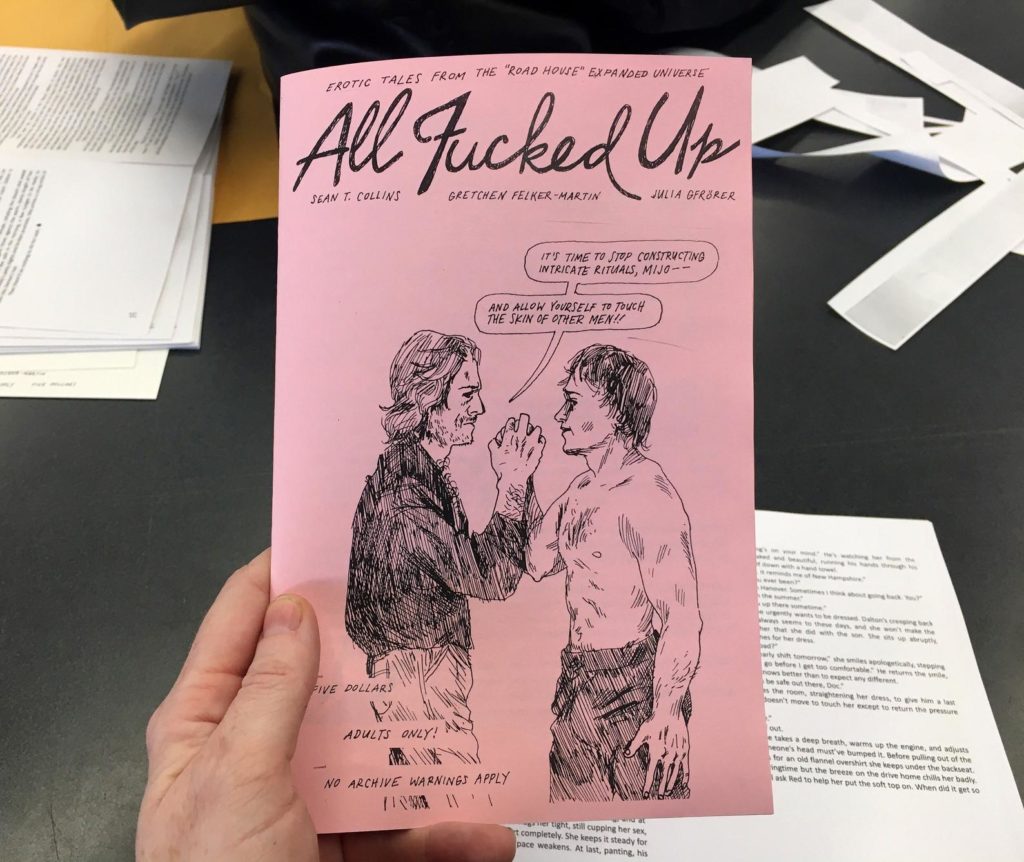Horror is a genre of worst-case scenarios, narrowly avoided or not. The monster must feed, the slasher must kill, the demon must possess, the alien must infect, and we mortals, we normals, must defend and escape or die trying. There’s a reason that one of the most recently popular and influential movies in the category named itself after this imperative, boiled down to two simple words: Get Out.
Not all horror stories work that way. In some, the protagonist does not escape from or kill the beast, but nor is she simply killed in turn. In these stories, the protagonist enters into a state of communion with the very horror that has spent the rest of the movie threatening her life and her sanity. The process may be voluntary or not. The embrace of the evil may be gleeful or reluctant, and the outcome may be triumphant or tragic. But in the end, the dangerous, deranging, demonic forces at work are greeted not as destroyers, but as liberators, freeing the human protagonist from his human concerns once and for all, the life he once led forgotten in favor of a supernatural, superhuman new state of existence.
This is transcendental horror: stories that climax with the protagonist entering a state of ecstatic or enlightened union with the source of the horror they’ve experienced.
I wrote about a phenomenon I’m calling Transcendental Horror for The Outline. It’s extensively spoilery, but if you’ve enjoyed any recent horror movies it’s worth taking a peek!

